Urban Space, Ecological Enviroment and Urban Justice
DOI: 10.23977/jceup.2023.050207 | Downloads: 14 | Views: 988
Author(s)
Haiyan Cheng 1
Affiliation(s)
1 School of Marxism, Shanghai University of Policical Science and Law, Shanghai, 201701, China
Corresponding Author
Haiyan ChengABSTRACT
The objective of this paper is to give insight on the important urban environment. On the basis of analyzing the present situation of garbage classification and treatment, the factors affecting the implementation effect of household garbage classification are obtained by questionnaire survey and field survey, which has positive reference value for the construction of urban garbage classification and recovery, urban governance and spatial ecological justice. From the interview data, three overarching themes emerged: public education on garbage separation, people's inner self-drive of garbage clarification and residents' education level that should influence a successful method of constructing the just ecological environment. As the present research respondents only by practicing the new concept of spatial ecological justice, constructing the system of spatial ecological justice, and adhering to the people-oriented and practical principles of ecological justice can we solve the problem of spatial governance and development of environmental pollution in social governance.
KEYWORDS
Spatial ecological justice, moral code, public health, urban justiceCITE THIS PAPER
Haiyan Cheng, Urban Space, Ecological Enviroment and Urban Justice. Journal of Civil Engineering and Urban Planning (2023) Vol. 5: 49-55. DOI: http://dx.doi.org/10.23977/jceup.2023.050207.
REFERENCES
[1] Henri Lefebvre. The Production of Space. Trans. Donald Nicholson Smith. Oxford UK: Blackwell Ltd. 1991: 31.
[2] The Complete Works of Marx and Engels, Vol. 46 (I). Beijing: People's Publishing House, 1979, p. 104.
[3] Rawls. A Theory of Justice. Trans. He Huaihong et al. Beijing: China Social Sciences Press, 1988, p. 60.
[4] Miriti Maria N, Bowser Gillian, Cid Carmen R, Harris Nyeema C. Overcoming Blind Spots to Promote Environmental Justice Research. Trends in ecology & evolution. 2020(12): 11.
[5] Solomonian Leslie, Di Ruggiero Erica. The critical intersection of environmental and social justice: acommentary. Globalization and health, 2021(1): 30 [7].
[6] Kassouri, Yacouba, Altnta, Halil. Human well-being versus ecological footprint in MENA countries: A trade-off? Journal of environmental management. 2020(263): 110405.
[7] Rock Tommy, Ingram Jani C. Traditional Ecological Knowledge Policy Considerations for Abandoned Uranium Mines on Navajo Nation. Human biology. 2020(1): 19-26.
[8] Heim La, Frombois M E. (Re) Producing and challenging gender in and through urban space: women bicyclists' experiences in Chicago. Gender, Place & Culture, 2019; 26(5): 659-679.
[9] Zhang R, Zhang L, Zhong Q, Zhang Q P, Ji Y W, Song P H, et al. An optimized evaluation method of an urban ecological network. The case of the Minhang District of Shanghai. Urban Forestry & Urban Greening, 2021; 62(2): 127158.
[10] Bian J, Ren H, Liu P. Evaluation of urban ecological well-being performance in China: A case study of 30 provincial capital cities. Journal of Cleaner Production, 2020; 254(33): 120109.
| Downloads: | 11537 |
|---|---|
| Visits: | 393770 |
Sponsors, Associates, and Links
-
Journal of Sustainable Development and Green Buildings
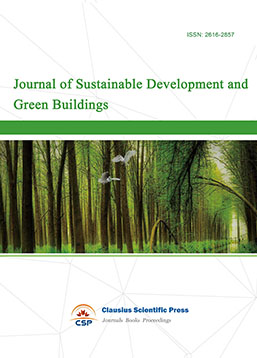
-
Landscape and Urban Horticulture
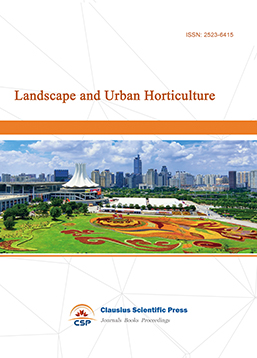
-
Bridge and Structural Engineering
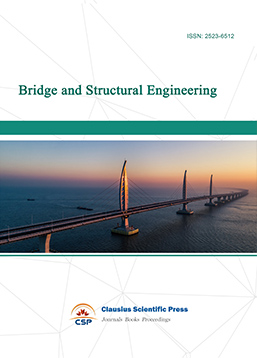
-
Soil Mechanics and Geotechnical Engineering
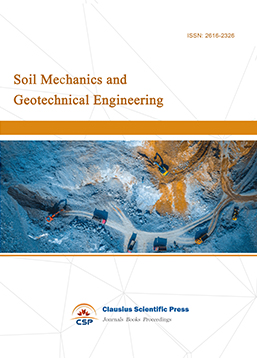
-
Journal of Municipal Engineering
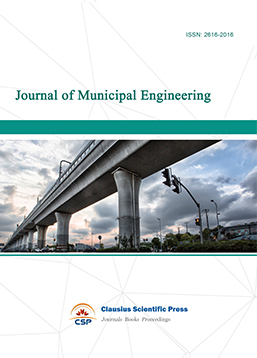
-
Heating, Ventilation and Air Conditioning

-
Indoor Air Quality and Climate
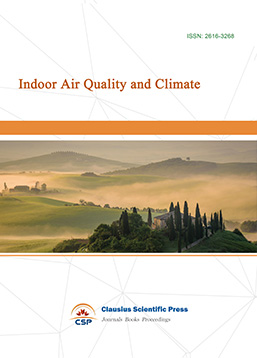
-
Computer Aided Architecture Design
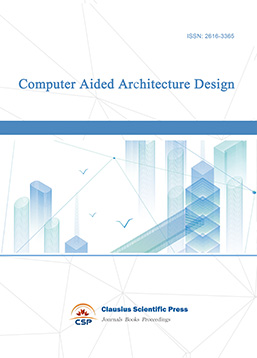

 Download as PDF
Download as PDF